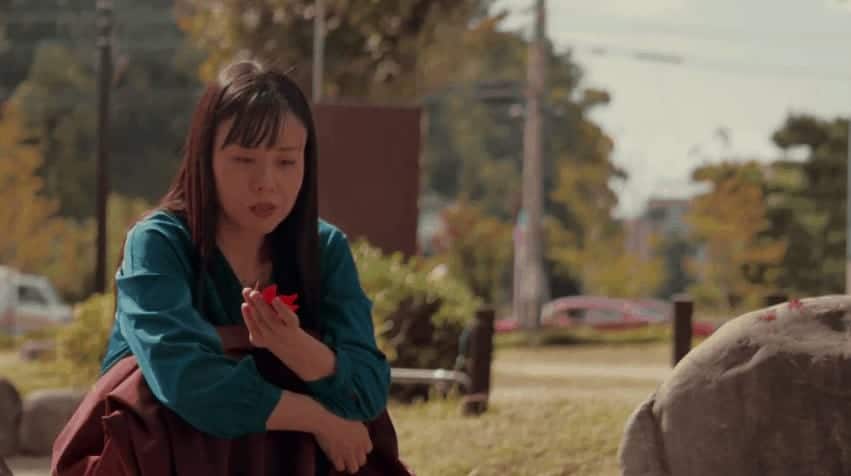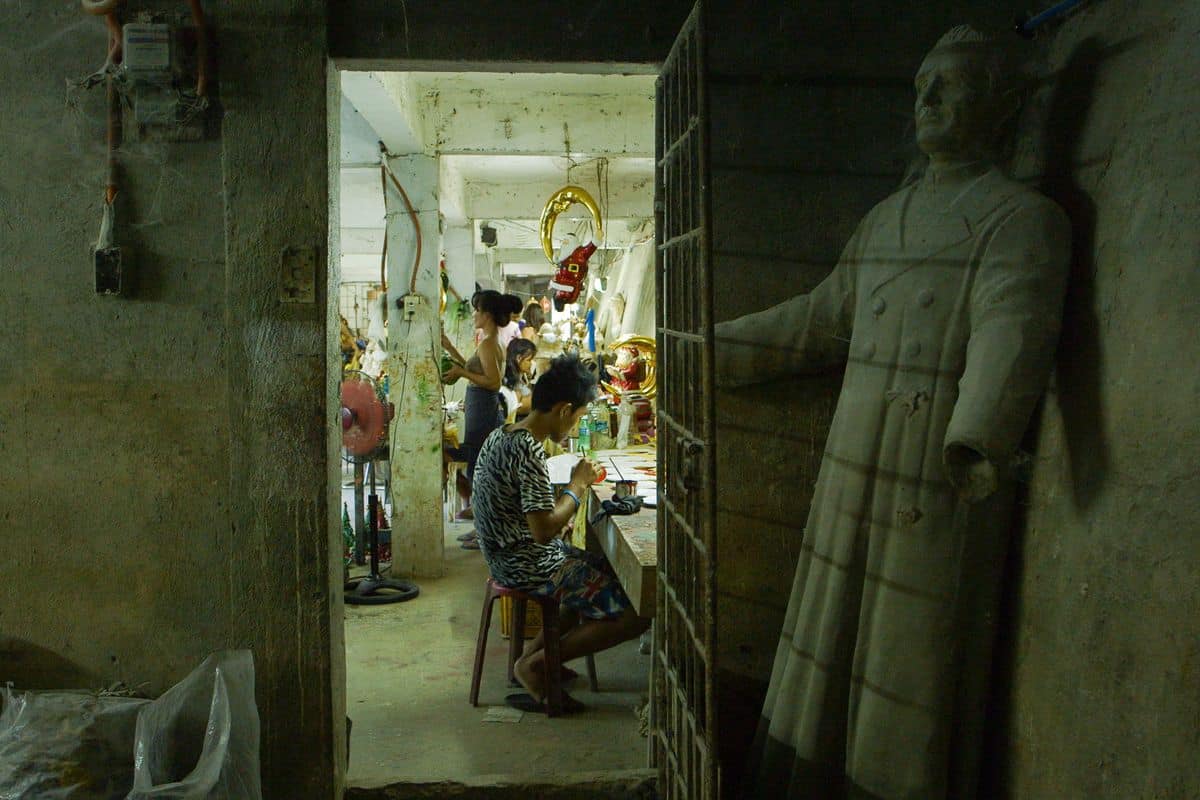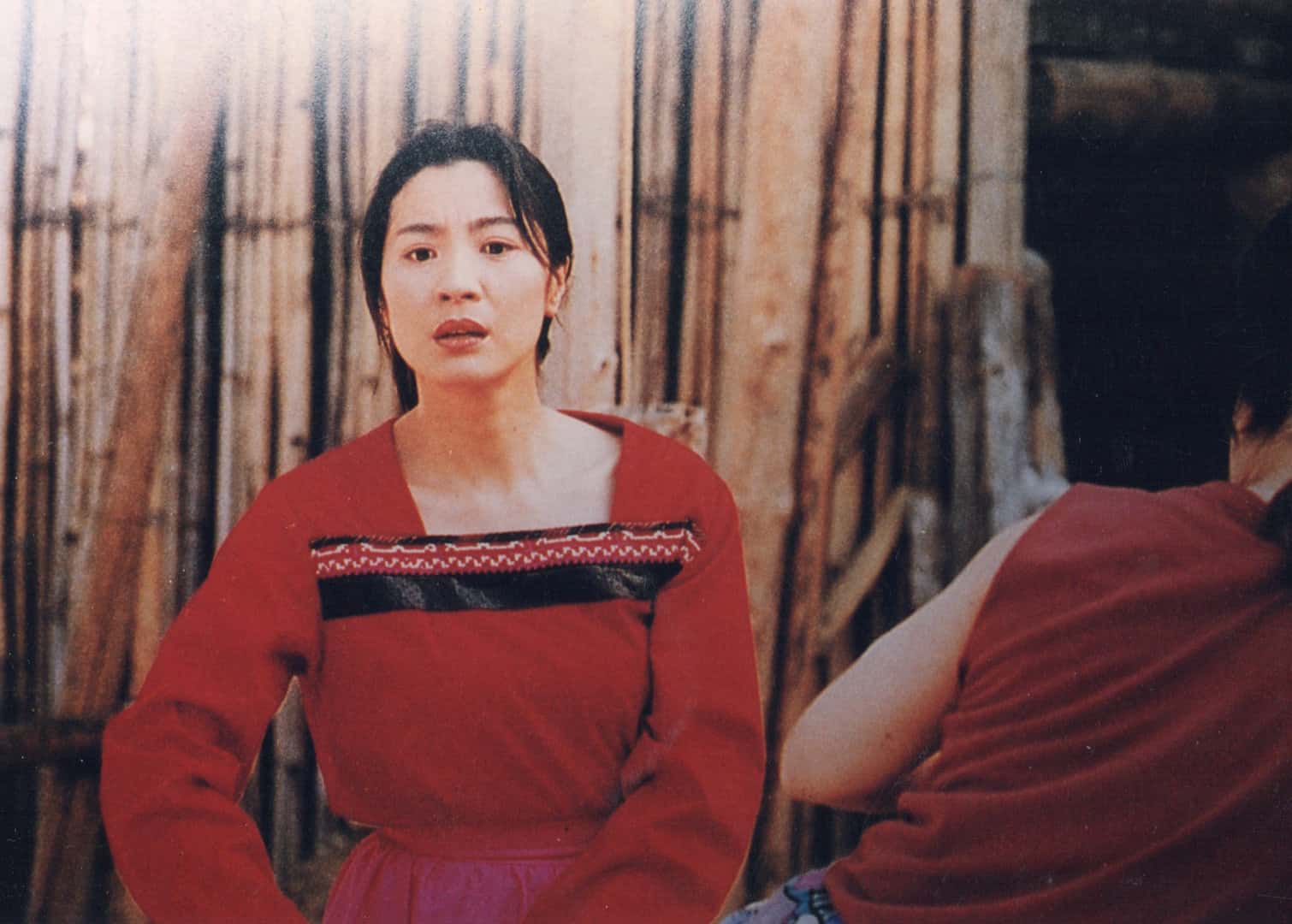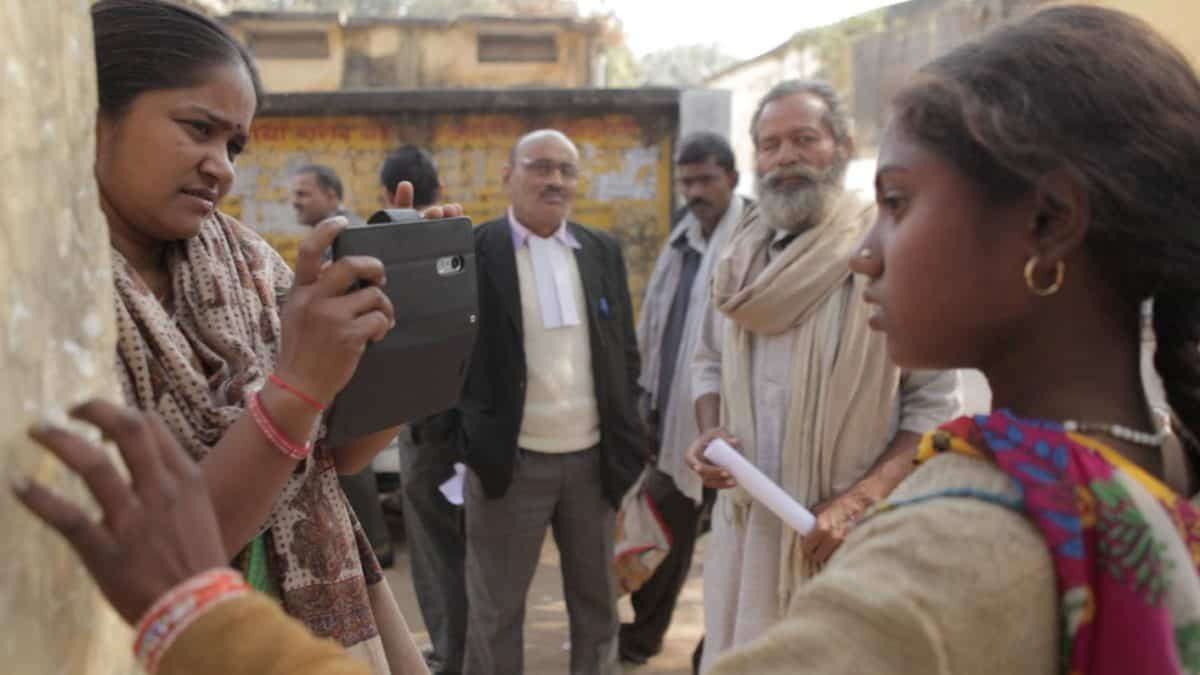“In the Absence of the Sun”, Lucky Kuswandi's second feature film, won him the Best Director Award from the Indonesian Film Director's Club, screened at a plethora of festivals all over the world, and established him as one of the most promising new directors of Indonesian cinema.
The script revolves around three women living in Jakarta, who spend an equally meaningful night in the capital of Indonesia, as they define both their pasts and their futures. Gia is a 32-year-old filmmaker who has just returned from New York, and tries to readapt to her place of birth. She decides to call Naomi, a woman whom she used to live with in New York, and seems to be more than a friend, and the two of them go out for a drink. They end up meeting in a high class, but very pretentious bar-restaurant that has a dress code and includes a menu comprising solely of imported items.
Indri is a 25-year old woman working in a gym, who dreams of meeting the right person and getting swept of her feet. Her dreams lead her to an online chat room where she agrees to meet a complete stranger, just by looking at a photo of his, but particularly because he seems rich. Her date also takes place in the aforementioned restaurant, although the man she meets has nothing to do with what she expected.
Ci Surya is a newly widowed woman, who tries to cope with her husband's death. As she looks at his clothes in a closet, she finds a piece of paper with the phone of a woman on it, and soon she finds out that she is a call girl. Instead of despairing, though, she decides to look for her, in a trip that leads her to a love hotel and an explicit club.
All of the three women seem not to know what they are actually looking for in the beginning of their “trip;” after a fashion, they appear to search for sex, only to realize (them and the audience) that they are actually searching for love.
Kuswandi uses the “journey” of the three women to make a number of social comments regarding modern day Jakarta. The obsession with westernization becomes evident from the whole concept of the restaurant, although the film makes a point of portraying this tendency as something pretentious, rather than an actual change towards western values, since Indonesian tradition seem to lurk everywhere. In that fashion, the fact that queer people seem to have no place in this society, which still expects nothing more from women except to get married and have kids, comes into focus in a very pointy manner. The obsession with the smart phones and internet in general is another one, with the alienation resulting portrayed quite eloquently in a scene at the restaurant and the concept of Gia's mother and another elderly relative.
Kuswandi's comments may be evident and pointy, but he presents them in a very subtle manner, through irony and humor, in a style that makes the film quite entertaining. His own editing and Ivan Gojaya's music definitely move towards this direction, as they give the film a fitting, mellow sense.
Another point of focus is Jakarta itself, with Kuswandi presenting both its antithesis, deriving from a combination of progress and tradition and the existence of different religions, and its beauties. Budi Sasono implements this trait with his camera, depicting a number of very beautiful images of nighttime in the city. The humor, however, does not seem to be missing from this aspect either, as exemplified by the shot of an advertisement on the street saying “Cheap Viagra Available”.
The acting retains the realistic essence of the film, although the three protagonists act in rather different fashions. Gorgeous Adinia Wirasti plays the disillusioned rich woman, whose horizons have been opened by her stay in New York. The fact that she exemplifies that she is cultured but also a bit spoiled is the highlight of her performance. Ina Panggabean presents her character in a rather vocal and externalized fashion, being the main source of comedy in the film. Marissa Anita as Naomi is the exact opposite, as she is quite laconic in presenting Indri's sadness.
“In the Absence of the Sun”, is a very beautifully shot film, which manages to combine entertainment and meaningfulness in a very appealing way.

















